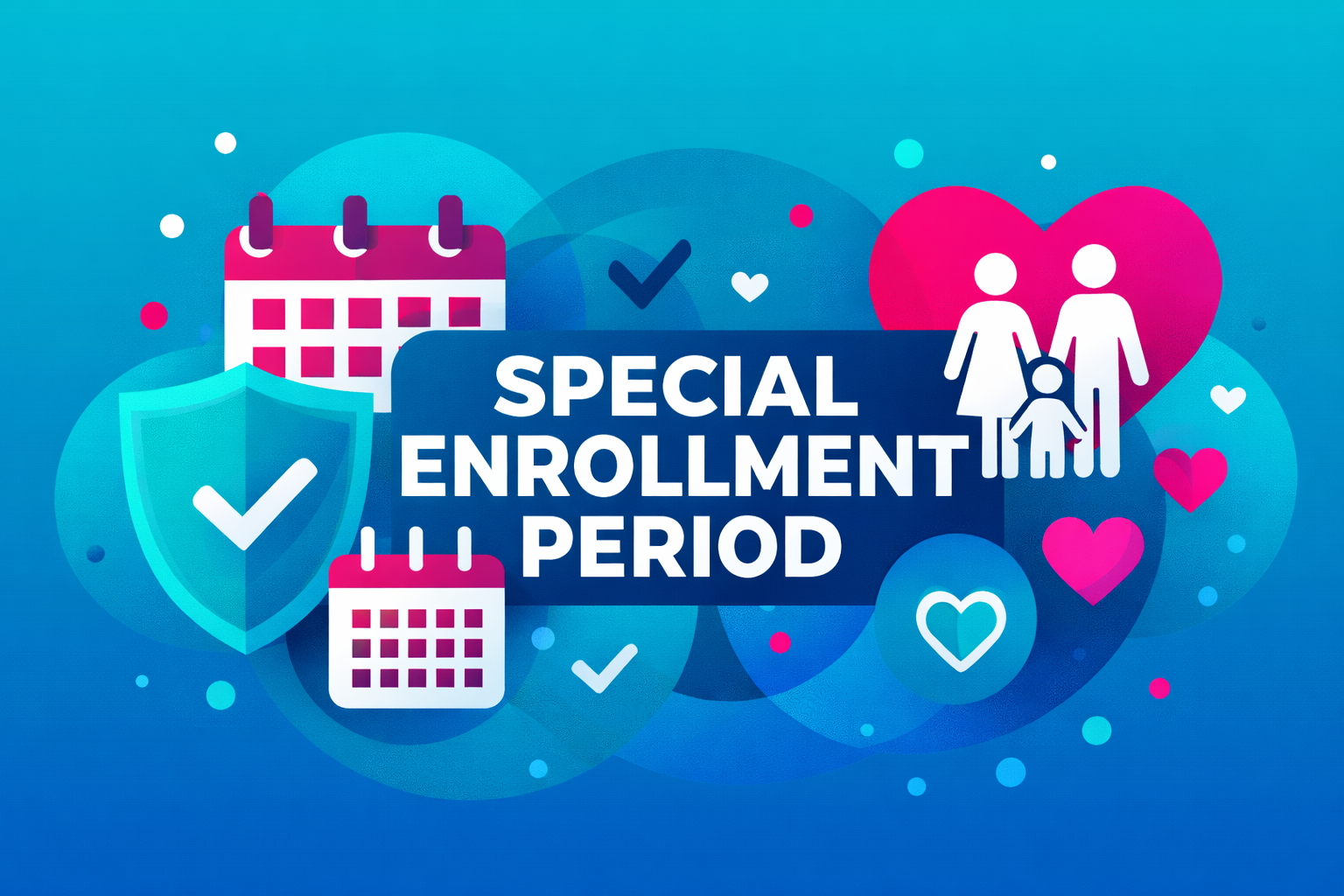As May comes to a close, we reflect on how the Affordable Care Act (ACA) has enhanced mental health care. This month, dedicated to raising awareness about mental health issues, reducing stigma, and advocating for improved mental health care, has been pivotal since its inception in 1949. It has played a crucial role in addressing the challenges faced by millions of Americans living with mental health conditions. The National Alliance on Mental Illness (NAMI), which plays a significant role in this national movement, reports that:
- 1 in 5 U.S. adults experience mental illness each year.
- 1 in 20 U.S. adults experience serious mental illness each year.
- 1 in 6 U.S. youth aged 6-17 experience a mental health disorder each year.
- 50% of all lifetime mental illness begins by age 14, and 75% by age 24.
- Suicide is the 2nd leading cause of death among people aged 10-14.
To help address the growing mental health crisis, the Affordable Care Act (ACA) recognizes that mental health is as important as physical health. Under the ACA, mental and behavioral health services are considered essential health benefits. Federal law mandates that mental health and substance use disorder benefits are provided with the same protections as medical and surgical benefits. This means that ACA-compliant health plans must cover:
- Behavioral health treatment, including counseling and psychotherapy.
- Inpatient mental and behavioral health services.
- Substance use disorder treatment.
- Pre-existing mental and behavioral health conditions (covered from the start of your coverage, with no spending limits).
Importantly, plans cannot deny coverage or charge more for pre-existing conditions, including mental health and substance use disorders. No yearly or lifetime dollar limits are allowed on essential health benefits, including mental health and substance use disorder services. Parity protections ensure that mental health and substance use benefits are not more restrictive than medical and surgical benefits. This includes:
- Financial limits such as deductibles, copayments, coinsurance, and out-of-pocket limits.
- Treatment limits such as the number of days or visits covered.
- Care management requirements like prior authorization for treatment.
Conditions like anxiety are highly common and highly treatable, yet only 36% of those affected seek help. If you or someone you know is struggling, there are resources available:
- National Suicide Prevention Lifeline: Call 1-800-273-8255
- Veterans Crisis Line: Call 1-800-273-8255, press 1
- National Alliance on Mental Illness (NAMI): Text “NAMI” to 741741
- Mental Health America: Text “MHA” to 741741 or call 1-800-273-8255 (Available 24/7)
- Spanish speakers: Call 1-888-628-9454
- Deaf or hard of hearing: Dial 771, then 1-800-273-8255
Mental Health Awareness Month is a vital time to acknowledge the importance of mental health, understand the coverage available under the ACA, and support those affected by mental health conditions. By encouraging open conversations and leveraging available resources, we can work together to ensure that everyone has access to the mental health care they need.






